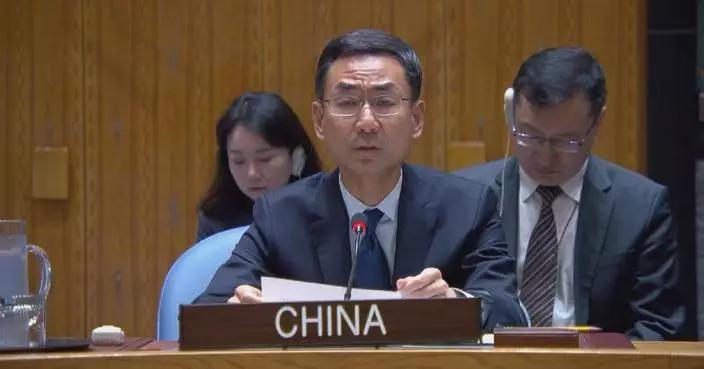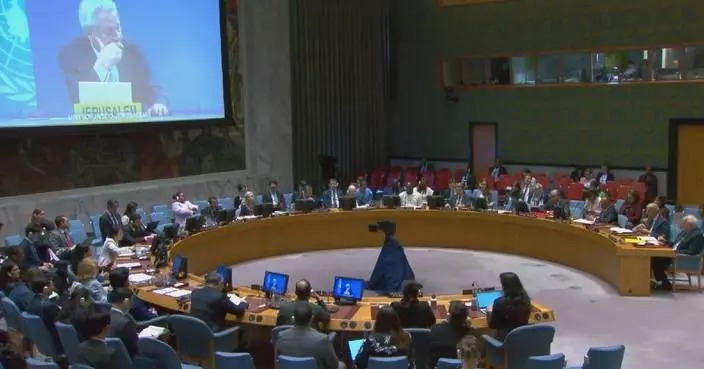Artificial intelligence (AI) technology will play a huge role in bridging global literacy and language divides in the near future, according to renowned computer scientist Dabbala Rajagopal Reddy, who predicts it could just be a matter of years before people speaking different world languages can engage in normal conversation. Reddy, a former winner of the prestigious Turing Award, considered the highest honor in the computer science world, is in Beijing to attend the third China Media Group (CMG) Forum, which opened on Monday under the theme "A Force for Good: Shared Responsibility in AI". In an interview with the China Global Television Network (CGTN) on the sidelines of the forum on Monday, Reddy shared his views on how AI technology could come to completely transform society, and said it could come to make life considerably easier for hundreds of millions of people in the coming years. "There are a lot of things that are very obvious even now. That will happen in 10, 15, 20 years. One of them is what is called the language divide. The other one is the literacy divide. There are a billion people in the world that can't read or write. With AI-based technologies [with which] we already know and how to do, they can all function like an educated person. A common example that I give is if you are one of these billion people, you can't go and open a bank account or read a bank statement when you get your monthly statement of how much money you have. So the question is, can you have tools where you can say, 'I don't know how to fill in this form. Can you fill it in for me?'" he said. Reddy also believes the impact of AI on communication could be hugely profound, and says that it should be possible for people speaking different languages to freely converse in the coming years through live AI translation tools "The same is true with the language divide. If I speak Hindi and you speak Mandarin, we can still be able to talk to each other fluently like we're doing in English to English. And that technology is there, it is just that it is not there for most people that speak the languages. Out of the hundred languages that are spoken by 10 million people or more, only maybe five to 10, you can do this. The remaining 90-plus [languages] don't have the data sets for training the language models so that we can do the translation back and forth. But I can tell you now, I will have a smart iPhone and you'll have a phone in your pocket. I will say something, and my phone will hear it and translate it to you in your language. So we'll have a normal conversation in real time. And that will be [in] five years between English and Chinese and maybe 20 years between Hindi and Swahili or something," he said. The CMG Forum gathered more than 200 representatives from international organizations, multinational firms, mainstream Chinese and overseas media outlets and think tanks, who joined the event in both offline and online formats to discuss issues around AI's application and governance in the media sector.

AI could bridge language barriers in matter of years: Turing Award winner









